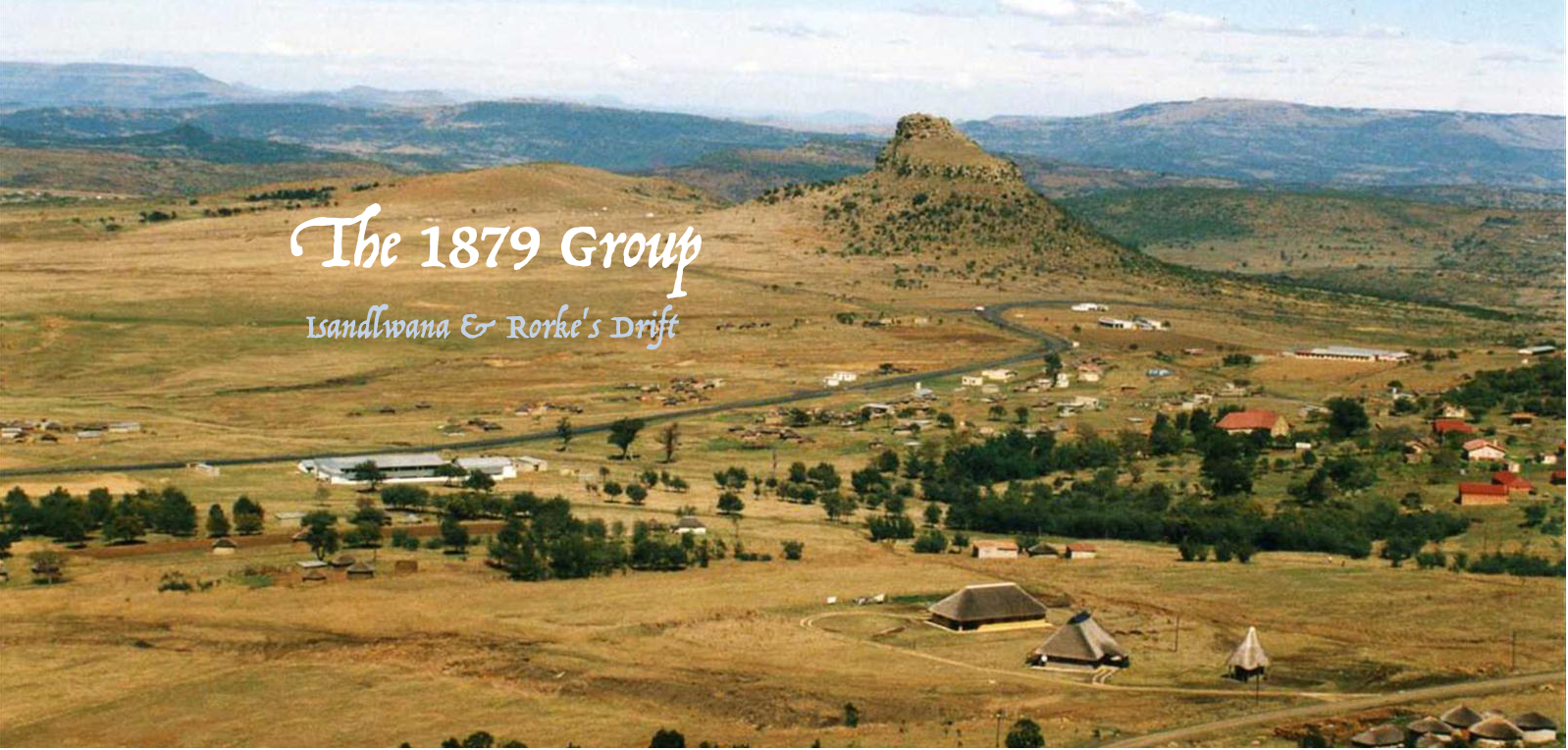The 1879 Group
Isandlwana & Rorke's Drift.

Isandlwana & Rorke's Drift.

The tune of “The Warwickshire Lads” was composed for the Shakespearean Centenary Celebrations in Stratford-upon-Avon in 1769. Some references refer to the event as the Jubilee Celebrations. Three days, (6-8 September) of celebration to the Immortal Bard was planned and a piece of music was composed by the famous actor of the period David Garrick. In fact the centenary celebration itself was the idea of David Garrick.
The words were composed by Charles Dibdin. Shakespeare was born in 1564 and died in 1616, so perhaps the title of a ‘Centenary or Jubilee Celebrations’ was incorrect. Many distinguished guests were invited and it was planned as a grand event with a pavilion rotunda and a sumptuous luncheon for 700 awaiting the important guests on the first day.
As any reader will know from practical experience of organising such an event the unknown factor on the day is the weather. Tru e to form it poured down with rain all day and the honoured guests all got soaking wet, with the ladies in their frocks having to lift up their frocks to avoid the mud. The gentlemen guests sinking in to the quagmire in their highly polished footwear.
On the first day there was the noise of 30 cannon and the sound of church bells to herald the grand opening. The tune and words of the newly composed "The Warwickshire Lads" giving its first hearing at a public event was one of the first things that was cancelled, because the rain was so torrential that the regimental band could not play. However, on the following day, the bad weather continued but outside the Town Hall the regimental band of the Warwickshire Militia playing their fifes and drums was able to perform. The star of the band’s programme was “The Warwickshire Lads”. It became so popular that it was adopted as the County tune.
A strange fact was that none of the works written by William Shakespeare were performed during the Jubilee Celebrations.
Disagreement was reached as to how the tune should be played. A revised version was produced and could be purchased from Boosey and Hawkes, music publishers. To clarify how it should be played was finalised by Army Order 332 of 1927. Since the date of the Army Order the Regimental March has been played by regiments who claimed the tune as their quick march it was played in the old original form, ten bars in the first part and eight in the second. Previous to the Army Order 332 being published the military music authority of that day were in disagreement with the regiments. Regimental Marches normally have eight bars, and in about 1890 this was issued as the official version. Bandmasters with regimental interest at heart would follow historical precedent when playing at regimental events or when they were playing at parades within ‘their regimental parish’ it would conform with the band playing in the old manner without heed to the Army Order 332.
“The Warwickshire Lads” was adopted as the Regimental Quick March by the 6th (1st Warwickshire) Regiment of Foot 1782-1832. 6th (Royal 1st Warwickshire) Regiment of Foot 1832-1881 (1st July), the Royal Warwickshire Regiment 1881-1963, The Royal Warwickshire Fusiliers 1963-1968.
24th (2nd Warwickshire) Regiment of Foot 1782-1881. Post 1st July 1881 The South Wales Borderers. “Men of Harlech” was adopted as the quick march with effect from 29th April 1882.
The Warwickshire Yeomanry 1794-1956. The Queen’s Own Warwickshire and Worcestershire Yeomanry 1956-1968. Cadre: The Queen’s Own Warwickshire and Worcestershire Yeomanry 1969-1971.
Note: The carillon and bells of Collegiate Church of St Mary’s in Warwick play ‘The Warwickshire Lad’ every Friday at 9.00AM and thereafter every three hours until 9.00PM.
Acknowledgements: * Royal Regiment of Fusiliers (Warwickshire), St John’s House, Warwick. CV34 4NF (Lineage 5th/6th/7th/20th Foot) * The Brecon Museum of the Royal Welsh, The Barracks, Brecon LD3 7EB (Lineage 23rd/24th/41st/69th Foot) * Boosey and Hawkes, Music Publishers, Aldwych House, 71-91 Aldwych, London WC2 4HN
We respect your privacy. Requests to third party servers are anonymised so that no user-identifying information is shared. We don't share, sell or track users data.